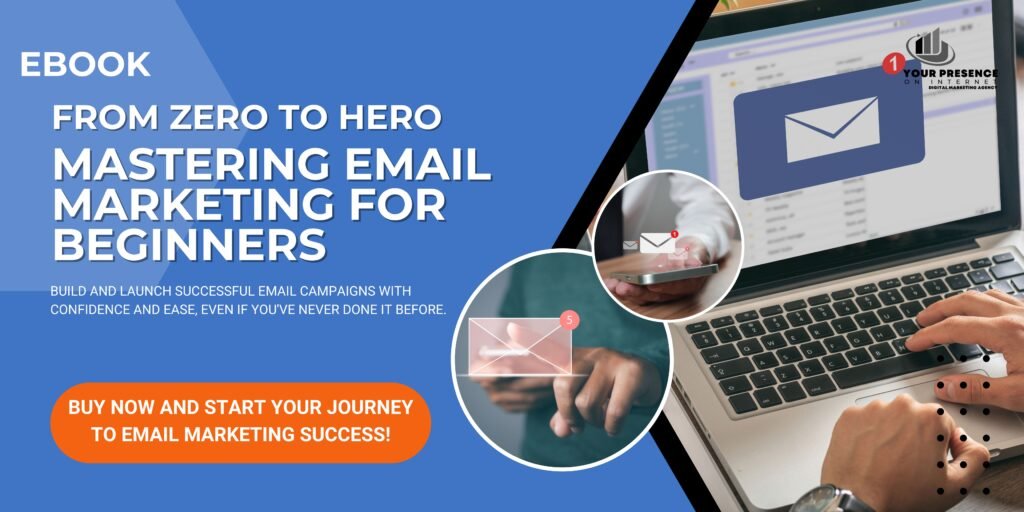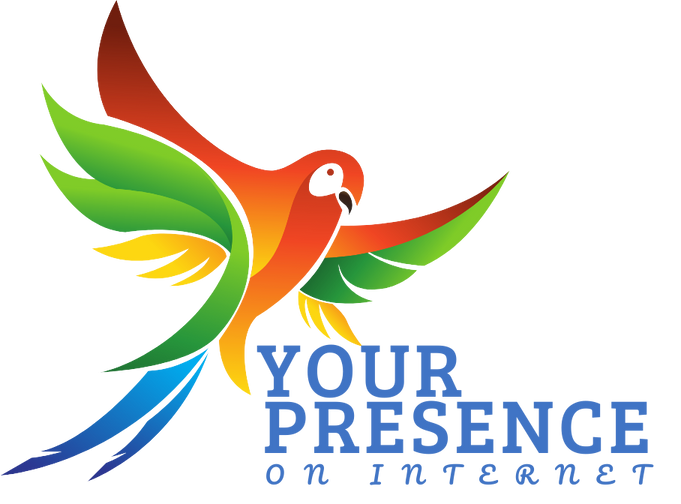Email marketing is essential for small businesses to engage with customers, drive sales, and build brand loyalty (Franetic, 2024). With numerous email marketing tools available, choosing the right E-mail marketing tools for your business can be challenging. This blog post will compare some of the top email marketing tools suitable for small and medium-sized businesses (SMEs). We’ll discuss the pros and cons of each tool, considering factors like budget, ease of use, and features, and provide recommendations based on specific needs and goals.
Mailchimp
Pros:
- User-Friendly: Mailchimp offers a simple, intuitive interface that’s easy for beginners.
- Free Plan: Their free plan includes up to 500 contacts, with 1,000 monthly sends and a daily limit of 500.
- Automation: Includes powerful automation features, such as welcome emails and abandoned cart reminders.
- Integrations: Integrates with numerous third-party applications like Shopify, WordPress, and Salesforce.
Cons:
- Limited Features of the Free Plan: The free plan has limited features and branding restrictions.
- Pricing: It can get expensive as your email list grows.
- Complex Segmentation: Advanced segmentation options are less intuitive than other platforms.
Recommendation: Mailchimp is excellent for small businesses that are just starting with email marketing. The free plan is suitable for small lists, and the ease of use makes it accessible for those without much technical expertise.
Constant Contact
Pros:
- Ease of Use: Known for its user-friendly interface and drag-and-drop email builder.(Platformengr, 2023)
- Customer Support: Offers excellent customer support with live chat, phone, and email options.
- Event Management: Unique event management features make it easy to handle registrations and RSVPs.
- Templates: A wide range of professionally designed templates.
Cons:
- Pricing: There is no free plan, and the pricing can be high compared to other tools. (10 Tools Every Product Manager Needs in 2024, n.d.)
- Limited Automation: Automation features are less advanced than those of competitors like Mailchimp and HubSpot.
- Reporting: Reporting and analytics should be more detailed than other platforms.
Recommendation: Constant Contact is ideal for businesses that frequently host events or need robust customer support. Its ease of use is perfect for those who prefer a straightforward email marketing tool.

HubSpot
Pros:
- Comprehensive CRM Integration: Combines email marketing with a robust CRM, allowing for personalized and targeted campaigns.
- Automation: Advanced automation features to nurture leads and segment audiences.
- Detailed Analytics: Provides in-depth analytics and reporting to track the success of your campaigns.
- Scalable: Suitable for growing businesses with its scalable features.
Cons:
- Pricing: This can be expensive, especially for small businesses on a tight budget.
- Learning Curve: More advanced features come with a steeper learning curve.
- Limited Templates: Fewer email templates compared to other platforms.
Recommendation: HubSpot is best for businesses looking for an all-in-one marketing solution with CRM capabilities. It suits those who plan to scale their operations and need detailed analytics and advanced automation.
Sendinblue
Pros:
- Affordable: Offers a competitive pricing structure, with a free plan allowing up to 300 emails daily.
- SMS Marketing: Includes SMS marketing features in addition to email.
- Automation: Robust automation features, including workflows and trigger-based emails.
- Transactional Emails: Supports transactional email sending, making it ideal for e-commerce businesses.
Cons:
- Email Limit on Free Plan: The free plan has a daily email limit, which may need to be increased for some businesses.
- Interface: The user interface can be less intuitive than Mailchimp or Constant Contact.
- Limited Integrations: Fewer third-party integrations than some competitors.
Recommendation: Sendinblue is an excellent choice for businesses looking for an affordable email marketing solution with the added benefit of SMS marketing. It’s particularly suitable for e-commerce businesses that need transactional email capabilities.
ActiveCampaign
Pros:
- Advanced Automation: Known for its powerful automation capabilities, allowing for highly personalized campaigns.
- CRM Features: Includes built-in CRM features for sales and marketing alignment.
- Segmentation: Advanced segmentation and targeting options.
- Customer Support: Highly rated customer support with extensive resources and training.
Cons:
- Pricing: There is no free plan, which can be expensive for smaller businesses.
- Complexity: Advanced features can be overwhelming for beginners.
- Learning Curve: Requires time to learn and set up automation workflows effectively.
Recommendation: ActiveCampaign is ideal for businesses that need advanced automation and CRM features. It’s suitable for those ready to invest time and resources into learning the platform to take full advantage of its capabilities.
Conclusion
Choosing the right email marketing tool depends on your needs, budget, and goals. For small businesses just starting, Mailchimp offers a user-friendly and cost-effective solution. Constant Contact is perfect for excellent customer support and event management features. HubSpot provides an all-in-one marketing and CRM solution, ideal for businesses looking to scale. Sendinblue is a superb option for affordability and SMS marketing, while ActiveCampaign is best for those who need advanced automation and CRM features.

